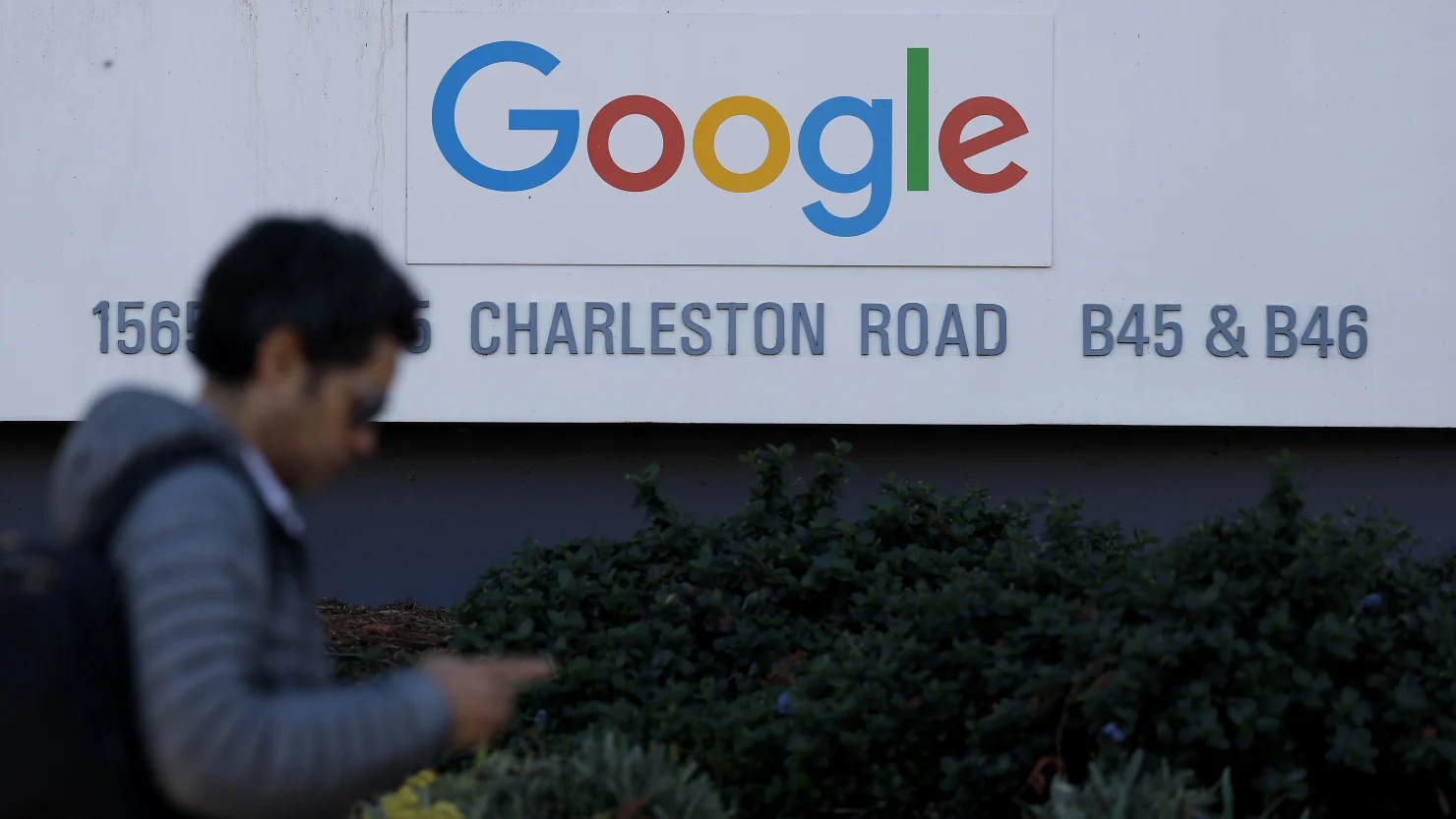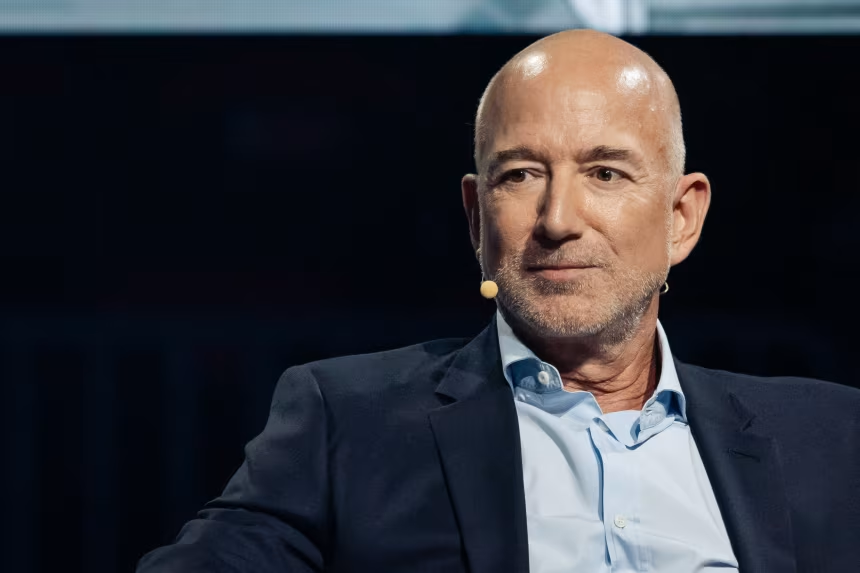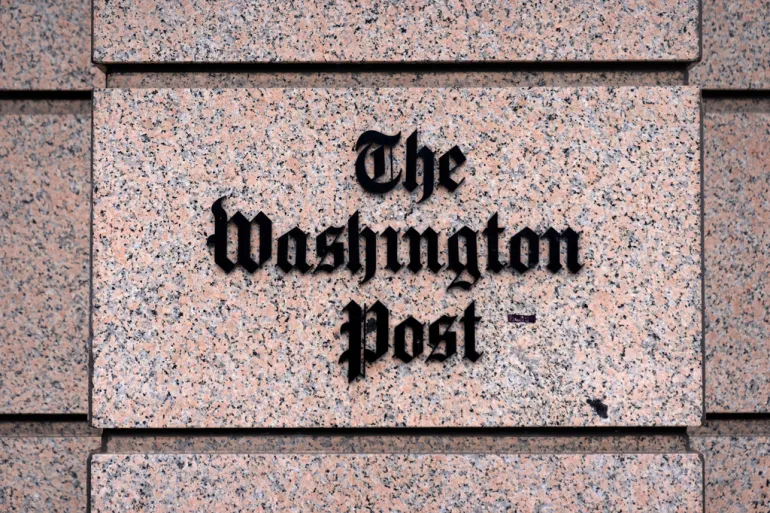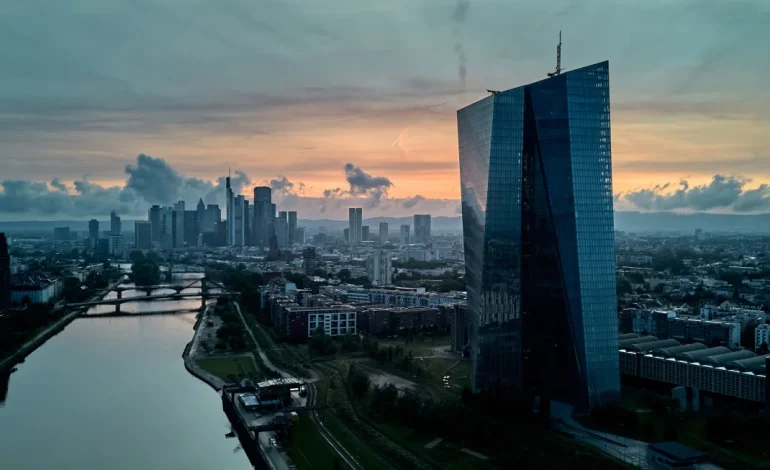The European Central Bank (ECB) has reduced its main interest rate by 0.25 percentage points to 2%, marking its eighth cut since June 2024.
The move, announced Thursday, comes as inflation across the eurozone has eased significantly and global trade tensions—particularly with the United States—cast a shadow over the region’s economic outlook.
The rate cut was widely anticipated by markets and reflects the ECB’s assessment that inflation has now returned to manageable levels. Consumer price inflation across the 20 countries using the euro dropped to 1.9% in April, falling below the ECB’s long-standing 2% target for the first time since September.
ECB President Christine Lagarde emphasized that while the eurozone economy shows signs of resilience, particularly due to strong employment and rising incomes, global trade frictions remain a source of concern.
“A further escalation in global trade tensions and associated uncertainties could lower euro area growth by dampening exports and dragging down investment and consumption,” Lagarde said.
The decision highlights the contrast in policy approaches between the ECB and the US Federal Reserve. The Fed has held rates steady amid ongoing economic uncertainty, including the effects of tariffs introduced by President Donald Trump. Trump, who has repeatedly criticized the Fed for not cutting rates more aggressively, renewed his attacks this week, pointing to the ECB’s actions as a benchmark.
“‘Too Late’ Powell must now LOWER THE RATE. He is unbelievable!!! Europe has lowered NINE TIMES!” Trump wrote on social media Wednesday, exaggerating the actual number of ECB cuts, which stood at seven at the time.
Tensions between the US and Europe have risen over trade, with Trump doubling tariffs on EU steel and aluminum to 50% and threatening further levies on European imports. Negotiations are ongoing, with both sides expressing cautious optimism about reaching a deal before the July 9 deadline that would trigger additional US tariffs.
Despite geopolitical risks, the ECB is cautiously optimistic about medium-term growth, citing planned increases in European infrastructure and defense spending, particularly in light of the ongoing conflict in Ukraine. NATO has urged member states to increase defense budgets, which could provide a stimulus to regional economies.
Analysts suggest that while the ECB may pause further cuts in the near term, the central bank retains flexibility should trade uncertainty or external shocks worsen.
“Underlying inflation is back at pre-Russia-Ukraine war levels,” said Hussain Mehdi, strategist at HSBC Asset Management, adding that currency strength and energy price declines could continue to anchor price growth.
In contrast, the US economy has shown signs of softening, with recent data indicating a slowdown in hiring and GDP contraction in early 2025. Federal Reserve Chair Jerome Powell has maintained a cautious tone, suggesting the path forward remains unclear amid tariff-driven inflationary risks and weakening growth.










The latest news in your social feeds
Subscribe to our social media platforms to stay tuned